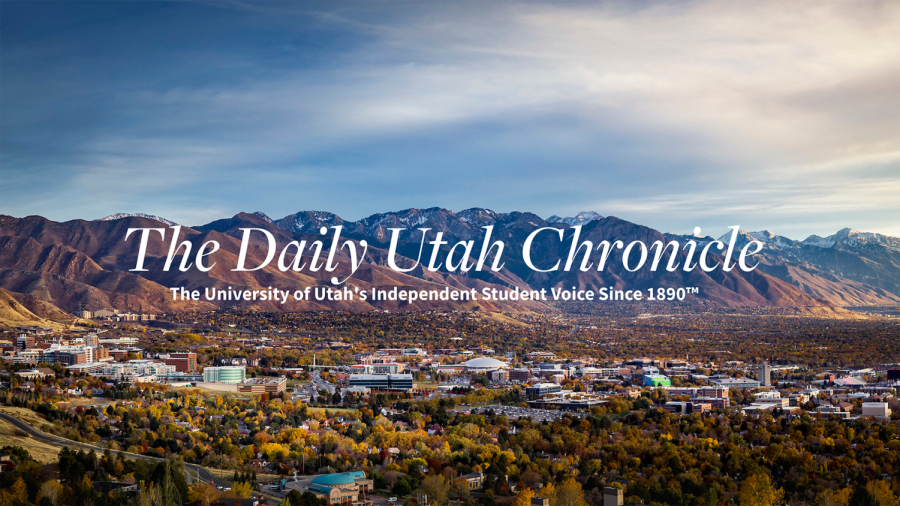U Experts Discuss Ukraine-Russia War, Emphasize Local Implications
March 3, 2022
Students and faculty alike brought their concerns about the conflict in Ukraine to a panel of University of Utah experts on Tuesday, March 1. The Hinkley Institute brought together three political science professors and a communication professor to address these concerns and provide context on the crisis.
The panelists, including political science professors Geoff Allen, Marjorie Castle and Steve Lobell, and communication professor Sean Lawson, gave background on topics like Russo-Ukrainian relations, Russian politics and cyber warfare.
“[Putin’s regime] rested on Putin’s ability to provide a sense of a better future,” Allen said. “Since that time, the Putin administration has really ramped up a legitimation campaign that rests upon the reassertion of Russian global dominance, regional dominance and Russian nationalism.”
Allen argued that understanding the regime’s legitimacy helps paint a picture of Russia’s motivations for invading Ukraine.
Another panelist argued that Putin’s personal motivations were influential as well.
“Vladimir Putin wishes to restore what he sees as his version of the Russian Empire,” Castle said. “For whatever reason that he has formulated that goal in his mind, that is his motive.”
The panel also discussed how the conflict could have consequences locally. Elizabeth Ewaskio, Russian instructor at the U, expressed concerns about visa status for Russians in the United States.
“I’m very concerned about the future of visa status for my colleagues, friends and students,” Ewaskio said.
Allen shared this concern.
“We’re already seeing in Europe visa cancellations for visiting positions for academics,” Allen said. “That I think is pretty likely to continue.”
Another point of concern locally is Russia’s use of information warfare, which can be social media manipulation, bots, trolls or targeted propaganda, Lawson said.
“We ourselves have not been completely isolated from the spillover effects of … disinformation and information warfare activities,” Lawson said.” Of course there’s concern that we might get sucked into that again,”
The panel did have some reasons for optimism moving forward. One was how Russians are responding.
“We have already begun to see some breaks in the ranks of the coalition that has supported Putin,” Allen said.
Dissent from Russian elected officials and news outlets, alongside widespread protests, will have serious domestic consequences for Putin, Allen said. Russian dissent came internationally as well.
Allen said people are seeing a really large campaign by prominent Russians abroad against the war, referencing Russian tennis player Andrey Rublev, who wrote “No War Please” on the lens of a television camera after a match.
Domestic pressure on the Putin regime comes as diplomatic pressure ramps up as well. The panelists expressed hope that the pressure will make it difficult for Russia to proceed with war in Ukraine.
“One of the very big things to look for will be how the costs for Russia add up,” Castle said. “Whether it’s the costs in terms of Ukraine becoming a quagmire, the costs of the sanctions, what this does to Russia as a world player, and what this does to Putin’s position in Russia.”
The panel echoed the view that the combination of foreign and domestic pressure on Putin will continue to be a thorn in his side while this conflict persists.
“It’s not just been an international response, it’s been a coalition of domestic and international forces that have really pushed back against these Russian imperialist claims to Ukraine,” Allen said.
A recording of the conference can be found on YouTube.








